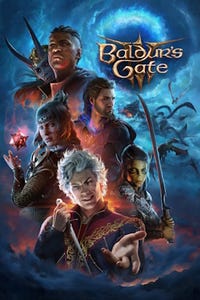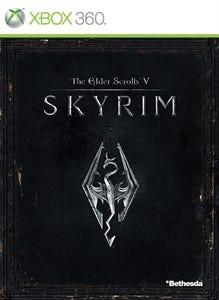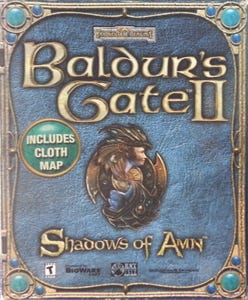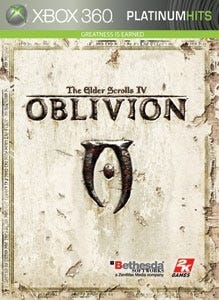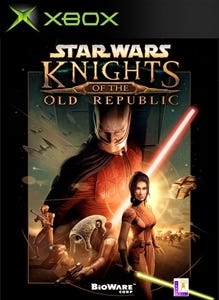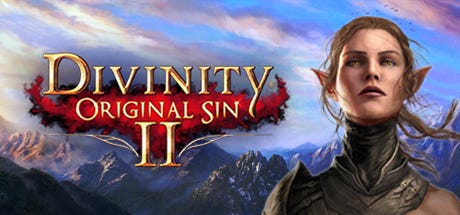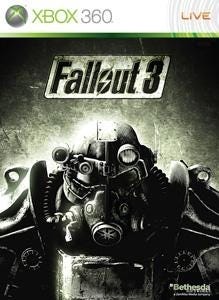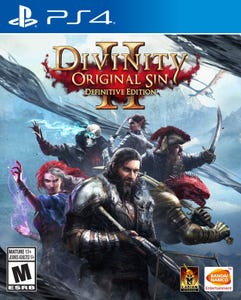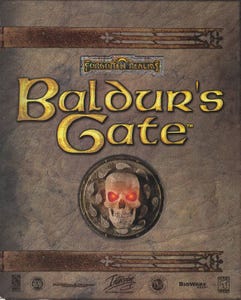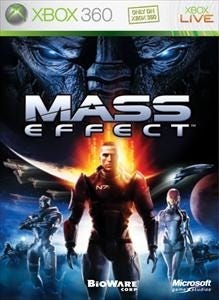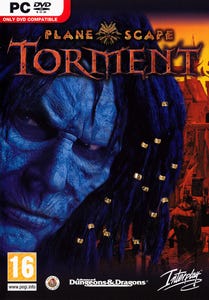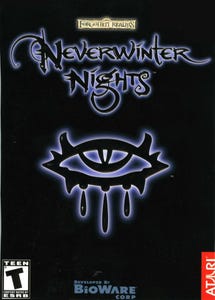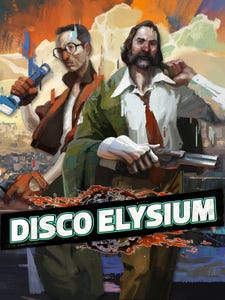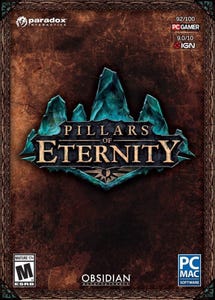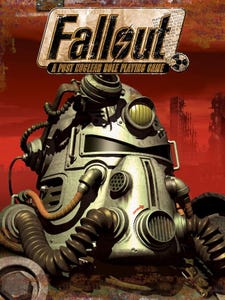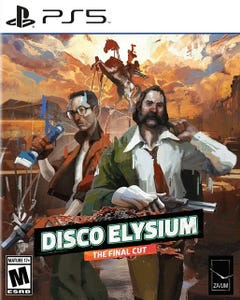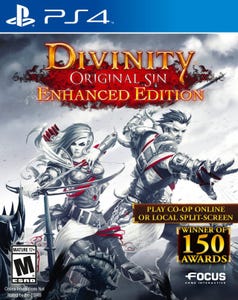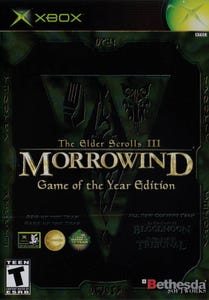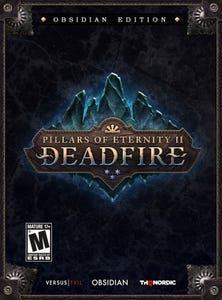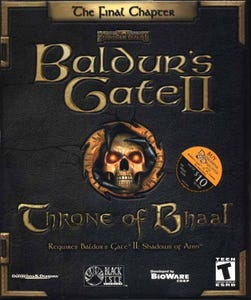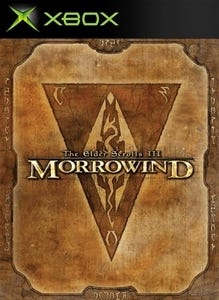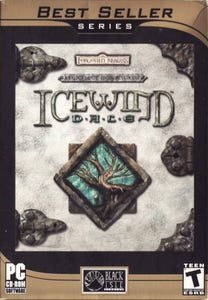X
- Owlcat Games
- Owlcat Games
- Owlcat Games
- Owlcat Games
Pathfinder: Wrath of the Righteous
Released On: Sep 2, 2021
83
7.7
Where to Buy
Where to Buy
All Platforms
Based on 34 Critic Reviews
83
Based on 7 Critic Reviews
79
Based on 6 Critic Reviews
80
tbd
tbd
Metascore
Generally Favorable
Based on 34 Critic Reviews
83
91% Positive
31 Reviews
31 Reviews
3% Mixed
1 Review
1 Review
0% Negative
0 Reviews
0 Reviews
Metascore
Generally Favorable
Based on 34 Critic Reviews
83
91% Positive
31 Reviews
31 Reviews
3% Mixed
1 Review
1 Review
0% Negative
0 Reviews
0 Reviews
Pathfinder: Wrath of the Righteous is a bold, dark, epic saga, featuring an astonishing replayability value. The developers have experimented with Kingmaker, and have gone all-in with Wrath of the Righteous, creating one of the best story-driven CRPGs of late.
Rich storyline, impactful choices, difficult fights and great adaptation of pen-and-paper mechanics make Wrath of the Righteous a true RPG gem. [Issue#255, p.34]
User Score
Generally Favorable
Based on 405 User Ratings
7.7
70% Positive
283 Ratings
283 Ratings
12% Mixed
48 Ratings
48 Ratings
18% Negative
74 Ratings
74 Ratings
User Score
Generally Favorable
Based on 405 User Ratings
7.7
70% Positive
283 Ratings
283 Ratings
12% Mixed
48 Ratings
48 Ratings
18% Negative
74 Ratings
74 Ratings
Owlcat Games has made huge progress since Kingmaker. Time limits, randomized elements of kingdom management and other annoying aspects were ditched, while combat and character development return in all their glory assisted by very atmospheric new mythic paths and a bit simple but still cool army management system. For me, the new Pathfinder, Wasteland 3 and Divinity: Original Sin II are a trio of contemporary RPG classics, with the first one being the most faithful to the genre’s tradition. [12/2021, p.64]
An enormous, ambitious, and complex RPG, that will be adored by min maxers and Pathfinder Savants. Unfortunately it retains some of its predecessor's issues, and this keeps Owlcat's new project from being a bonafide masterpiece in the genre.
Wrath of the Righteous offers an epic campaign that'll make you feel important right from the beginning and that will keep throwing outrageous enemies and events at you. This second Pathfinder doesn't evolve much though, and still misses some mechanism that would set it apart. The tactical Heroes stuff doesn't do the job.
Wrath of the Righteous feels like playing an epic tabletop campaign. Owlcat Games did a fantastic job of adapting the Wrath of the Righteous Pathfinder campaign into a video game. The more focused story, streamlined gameplay, and epic scope make it a better entry point to the series than Kingmaker. There's an excellent game buried under its many technical faults, but those going in need to be aware that they'll have to endure a lot of annoying bugs and glitches on their quest.
Pathfinder: Wrath of the Righteous is not a big improvement over Kingmaker, but it is an improvement, nonetheless. Some of its elements are exceptional, like the overwhelming variety in classes, skills, and "paths," or the general epic aura it has, while some other parts sit somewhere between decent and good, like the story (which is a bit too stereotypical), the Crusade portion of the gameplay (which is a buggy chore), and the actual role-playing, which, while fine and all, won't be enough for those spoiled by other modern classics of the genre. Despite some its flaws, it is undoubtedly very entertaining, and highly recommended, as it will surely satisfy your hunger for a good RPG.
WotR is a rich and expansive CRPG. The story somehow feels both classic and fresh. Unfortunately, the developers (Owlcat) once again tacked a tedious mini-game on top of a perfectly sound experience. It’s some Heroes of Might & Magic pastiche this time.
Moreover, some puzzles are ridiculously obtuse. I’ve had to give up a few times after an hour or so of fumbling about and just search for the solution on the web.
The game is very long as well. Too long. I’m 160 hours in and I didn’t finish the main story yet. The Pathfinder game system and the companions are really engaging, but I’m so fed up with the tedious army thing at this point.
pros : -amount of freedom in character creation and progression
complex storyline with multiple paths
environment is very immersive
cons are : -lots of long number-crunchy combat
its really annoying to constantly maintain all the buffs that are automatically applied in other games like this
the entire crusade system is pretty meh to me, I could do without it entirely.
its clearly made by super nerd devs ( in a good way) but its held back by the complex system and low budget feel
The balancing in this game is horrible.
So you think you can breeze through the game on normal difficulty like you would with Assassin's Creed? No way. You will be in for a bad surprise.
The game has the same balancing and difficulty spike problem that Kingmaker already had. But this time, even worse.
You will fight mob after mob that wrecks your party in no time. The game is a F5 / F8 simulator.
If you forgot to buy the only spells that the devs intended you to use, you are f*cked up in some fortress far away from home.
Also, most enemies have crazy Magic resistance. So if your party has 3 casters, they are pretty useless and you won't do enough damage to survive the mobs (often 10 enemies at once).
I would excpect that on Normal difficulty, you can use more or less any spells to damage the enemies. But this is not possible. The devs want you to use certain spells and if you didn't skill your character this way, you can start all over again.
It could have been a good game, but the difficulty spikes are so insane and so out of this world that I just can't enjoy it.
The worst thing about the game is the Crusade Mode. Oh my good...every 2 minutes, overleveled Demon Armies will attack your base, ripping your best armies apart in seconds. And after loosing a couple of times, you will be auto-switched to Auto Crusade Mode. But actually you can be happy that you don't have to deal with this unbalanced mess anymore.
However, graphics and music are good. But that doesn't help much if the balancing is totally off.
Writing is also good.
Pathfinder Wrath of the Righteous es una mejora con respecto al Kingmaker, pero no lo suficiente. El primer punto negativo es una historia que, aunque al principio pinta interesante, pronto va perdiendo ese interés entre personajes planos, eventos predecibles y unos compañeros sin ningún carisma o interés. El principal problema es la jugabilidad, sin embargo, con unos controles que están llenos de fallos y errores así. Además, le encanta abusar de mecánicas muy coñazo como drenado de niveles y reducción de atributos, que son muy complicadas de lidiar especialmente en niveles bajos, y luego siguen siendo molestas. Especialmente porque los combates están mal diseñados, no solo por ese abuso de mecánicas coñazo, sino porque a mayores están basados en una enorme cantidad de los mismos incluso en mapas y situaciones triviales, donde la build munchkin es prácticamente tomada como el default de modo que al final acabas dependiendo de la suerte, especialmente en las jugabilidades más altas, o el recurrir a estrategias de cheese. Las mecánicas del ejército y gobierno son una mejora con respecto al anterior, pero siguen acabando siendo limitadas y aburridas y, por cómo funciona el reclutamiento, al final acabas usando solo un puñado de unidades de todas las disponibles. Y, finalmente, si eres completista como yo, tiene una cantidad masiva de contenido, pero se acaba haciendo repetitivo en muchas ocasiones.
Gráficamente el juego cumple, aunque sin grandes maravillas. El sonido, cumple del mismo modo sin grandes maravillas. Pero el juego sigue teniendo multitud de bugs, no solo con los controles sino salidas a escritorio, glitches gráficos, y una IA totalmente atroz para aliados y enemigos por igual (por ejemplo, da igual que hayan detectado una trampa y exista una ruta para rodearla, nuestros personajes caminarán por encima si es la ruta más corta; o se quedarán atascados en puertas o paredes).
Por todo ello, llegué al comienzo del cuarto acto y, sinceramente, no me quedaron ganas de seguir. Un suspenso claro. Un 4.
Summary Embark on a journey to a realm overrun by demons in a new epic RPG from the creators of the critically acclaimed Pathfinder: Kingmaker. Explore the nature of good and evil, learn the true cost of power, and rise as a Mythic Hero capable of deeds beyond mortal expectations.
Platforms:
- PC
- Xbox One
- PlayStation 4
- PlayStation 5
- Nintendo Switch
Initial Release Date: Sep 2, 2021
Developer:
- Owlcat Games
Publisher: Owlcat Games
Genres:

